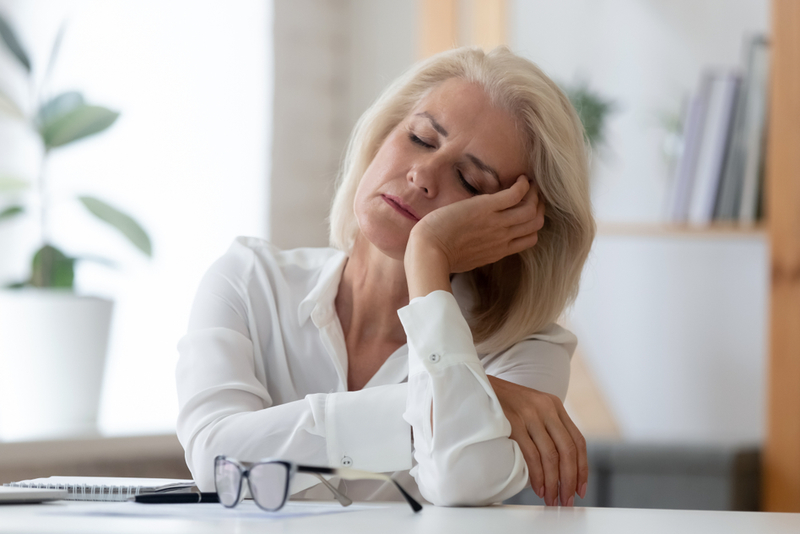Daytime sleepiness among the elderly may indicate cancer risk
IANS Mar 03, 2020
Older people who experience daytime sleepiness even after having adequate sleep at night may be at the risk of developing new medical conditions, including diabetes, cancer and high blood pressure, says a study.
 The condition called hypersomnolence is defined as excessive daytime sleepiness even after having seven or more hours of sleep. It can be debilitating for some people, affecting the way that they perform at work and in other daily activities. "Paying attention to sleepiness in older adults could help doctors predict and prevent future medical conditions," said study author Maurice Ohayon of Stanford University in California. "Older adults and their family members may want to take a closer look at sleeping habits to understand the potential risk for developing a more serious medical condition," said Ohayon.
The condition called hypersomnolence is defined as excessive daytime sleepiness even after having seven or more hours of sleep. It can be debilitating for some people, affecting the way that they perform at work and in other daily activities. "Paying attention to sleepiness in older adults could help doctors predict and prevent future medical conditions," said study author Maurice Ohayon of Stanford University in California. "Older adults and their family members may want to take a closer look at sleeping habits to understand the potential risk for developing a more serious medical condition," said Ohayon.
The study involved 10,930 people. About 34 per cent of the participants were 65 years or older. The findings are scheduled to be be presented at the American Academy of Neurology's 72nd annual meeting to be held in Toronto from April 25 to May 1. For the study, the researchers interviewed participants over the phone two times, three years apart. In the first interview, 23 per cent of people over 65 met the criteria for excessive sleepiness. In the second interview, 24 per cent reported excessive sleepiness. Of those, 41 per cent said the sleepiness was a chronic problem.
The study found that people who reported sleepiness in the first phone interview had a 2.3 times greater risk of developing diabetes or high blood pressure three years later than those who did not experience sleepiness. They were also twice as likely to develop cancer. Of the 840 people who reported sleepiness at the first interview, 52 people, or 6.2 per cent, developed diabetes compared to 74 people, or 2.9 per cent of those who were never sleepy during the day. Also, of the 840 people who reported sleepiness, 20 people, or 2.4 per cent, developed cancer compared to 21 people, or 0.8 per cent of those who were never sleepy during the day.
People who reported daytime sleepiness during both interviews had a 2.5 times greater risk of developing heart disease. Those who reported sleepiness only in the second interview were 50 per cent more likely to also have diseases of the musculoskeletal system and connective tissue, such as arthritis, tendinitis and lupus, than those who did not have daytime sleepiness.
-
Exclusive Write-ups & Webinars by KOLs
-
Daily Quiz by specialty
-
Paid Market Research Surveys
-
Case discussions, News & Journals' summaries